If you’re reading this, you’re probably not an undecided voter.
I don’t mean you specifically, of course. You’re a very special person with complicated, nuanced political opinions. You’re not like all the rest. You contain multitudes. I’m talking about all those other readers, most of whom probably long ago made up their minds on how to vote this fall.
They knew whether they would vote Republican or Democratic or lodge a protest vote with a write-in or a minor party candidate, maybe as far back as February when the party primaries effectively came to an end. Some of them decided well before then.
I know this is true because they’re not just taking the time to read a column by a political prognosticator 10 weeks away from an election, but they’re doing it at a politically oriented news outlet that costs money to read. The people who do things like that aren’t politically curious—maybe dipping a pinky toe into the campaign—but they do want better, deeper, more interesting news and analysis about politics.
I know, because I am one of those people. Even if this were not my chosen and beloved vocation, I would still be following every twist and turn in this race. It’s been a barn burner and different from every contest in the long, mostly stable period that preceded our current era.
From 1980, when a new political mode emerged out of the twin catastrophes that afflicted the parties—Vietnam for the Democrats and Watergate for the Republicans—things followed some pretty predictable patterns demographically, geographically, and procedurally until 2016. In 2020, we wondered if the previous election had been an anomaly: a fluke win by a reality show host in a low-turnout election against an unpopular retread candidate from a party trying to hold the White House for three straight terms.
And when the expected outcome occurred in 2020, and the well-known, better-liked former vice president won, it seemed persuasive evidence that the 40-year-old consensus still had some snap in its noodle. But as this cycle got underway, it was immediately clear that we were, in fact, living in a new era and hammering out a different way of doing things that, Lord hear our prayer, could be useful for decades to come. Yes, 2016 was the start of something, not a blip.
I find that all absolutely fascinating, and maybe you do too. And more than that, I think it’s important. The choices American leaders and voters make in these periods of turmoil will have material consequences for generations. What we make to replace the old idols we tore down may determine the direction of our civic adulation when our grandchildren and great-grandchildren are following political rituals by then only dimly understood.
It’s a big deal, and I am here for it. And so are you. But do you suppose that’s how the little sliver of undecided voters, maybe 5 percent of the electorate, is experiencing this contest?
Major League Baseball will sell you their MLB.TV Extra Innings package for $149.99 a season. It’s a good deal if, like my youngest manchild and me, you want guaranteed access to every game the St. Louis Cardinals play, no blackouts, etc. It would be a terrible value for a family of casual fans or a sometimes-we-watch-our-team-in-the-playoffs household.
If your team makes it to the World Series, you’ll have no trouble watching. But if you want to make sure that you can watch the heartbreaking late-inning weeknight losses and every Sunday afternoon game of a doubleheader, it’s worth the price. And just like paying for premium political content, you can choose the way the game is called. Losses go down easier when I can hear Chip Caray break the news to me. I have even been known to stream the game on TV, mute the audio, and put the KMOX broadcast on the app on my phone for the ultimate homerism experience.
We are lucky at The Dispatch that most of our readers and listeners seem to want something different than the political version of immersive media bias. Since we make it pretty clear in our pitch to subscribers that fair reporting and nonpartisan critical analysis are our aims, we don’t get too many from the “root, root, root for the home team” crowd.
Lots of other places have a different pitch, one that is a straighter path to profits. They cater narrowly to one point of view and cultivate superusers who want from their political coverage what I want from a Cardinals game: Good guys and bad guys, and every disappointment couched in comforting context about the home team’s virtue and how really, if you think about it, this is actually good news …
It’s a mean old media world out there, and with as much competition for consumers’ attention as there is, it is understandable that outlets would want to give the people what they want. And when we dress it up as activism, it barely seems icky anymore. Cosseting readers, listeners, or viewers doesn’t feel like a crass business model if we think of it as speaking truth to power or trying to fight evil.
But here’s the thing about that: There is a strong correlation between news consumption and voter propensity. People who are superusers of news are very likely voters. And people who consume lots of news from ideologically aligned outlets are, no surprise, overwhelmingly of the same political alignment.
We know less about persuadable voters’ news habits, because they are a trickier bunch. We can pretty confidently say that undecided voters probably consume less news than the 95 percent who have already made up their minds. It’s a guess on my part, but that seems to align with what we know about the connection between news consumption and likelihood of voting combined with the fact that the least likely voters are the undecided ones. If they haven’t made up their minds by November, what tiny fraction of the electorate is really going to the trouble of voting just to flip a coin? It’s not zero, but it’s not many.
Maybe in the other 5 percent or so of voters who could be persuaded to change from Democrat to Republican or vice versa is an army of news junkies who are following the election closely, but could still go the other way. I doubt it, though.
I figure that almost all of the people who are engaged in this election to the point that they are paying to read about it or posting on social media about it have their minds very much made up. They’re looking for confirmation of their own views, yes, but also they’re just deeply invested in the outcome.
And yet, each cycle, we are treated to arguments over the power of the media to shape voter preferences.
Certainly there’s much to discuss when it comes to the news that filters down to the mainstream coverage that breaks through on morning television or late-night comedy and most certainly on the local news. Those are places where the unicorns of our electorate hang out: likely voters who don’t follow the election closely. If you want to reach the undecided and the persuadables, you do it after the local weather break on the Today show, not 1,000 words deep in a think piece at a political site or on social media.
Which is a long way of saying, don’t worry too much about which outlet says what or which pundit has which hot take. Like candidate endorsements, these things don’t move many persuadable voters. They’re important for keeping the side together, sure, but if you’re in the market for good journalism, you’re probably not too worried about sides when it comes to helping you think critically and follow this remarkable moment in American history.
Who I want to win shouldn’t be nearly as important to you as whether I am able to tell you who will win. I can leave the deciding part up to you.
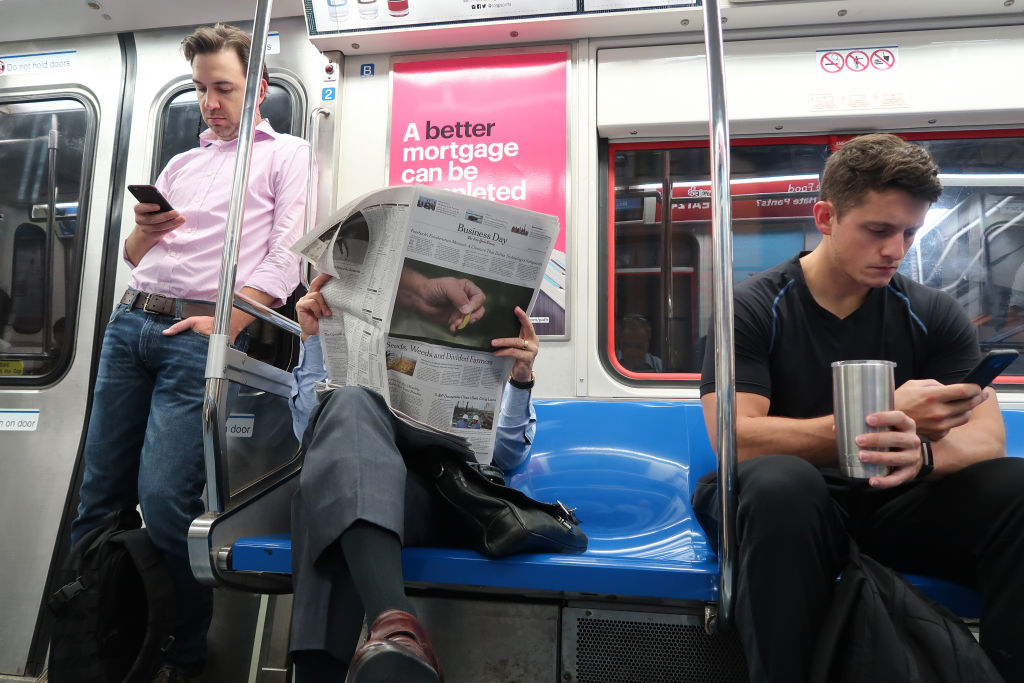

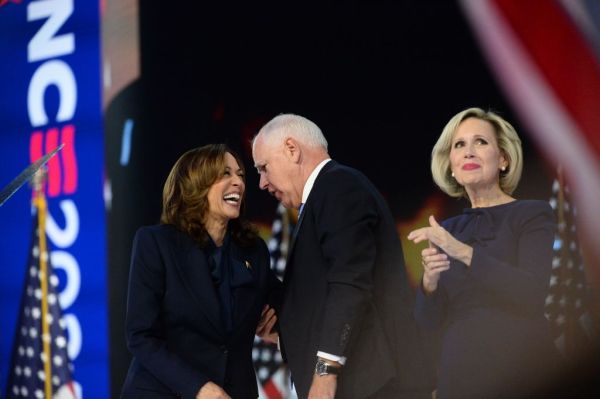
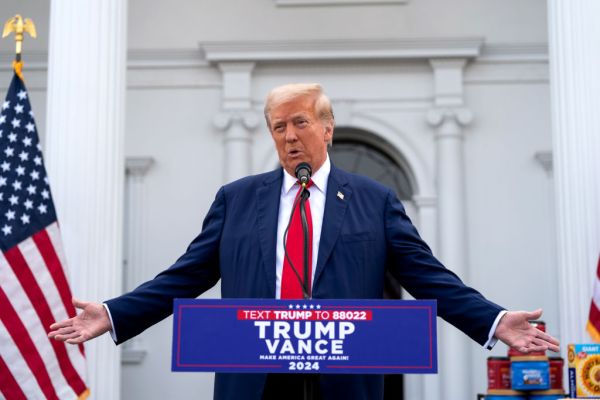
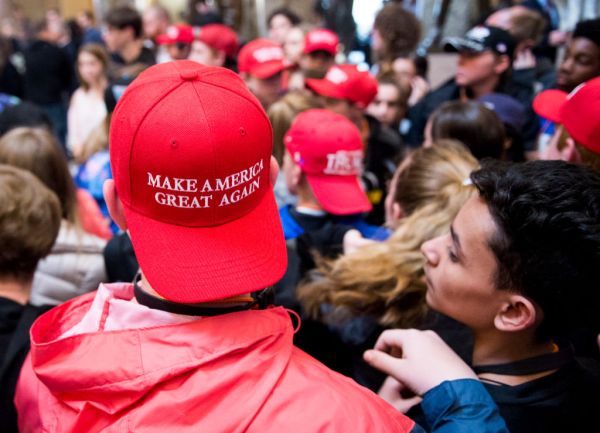

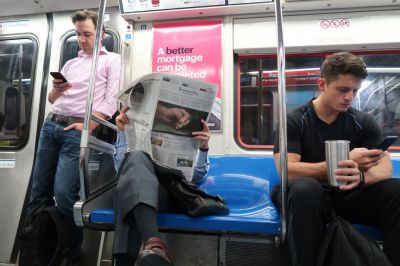
Please note that we at The Dispatch hold ourselves, our work, and our commenters to a higher standard than other places on the internet. We welcome comments that foster genuine debate or discussion—including comments critical of us or our work—but responses that include ad hominem attacks on fellow Dispatch members or are intended to stoke fear and anger may be moderated.
With your membership, you only have the ability to comment on The Morning Dispatch articles. Consider upgrading to join the conversation everywhere.